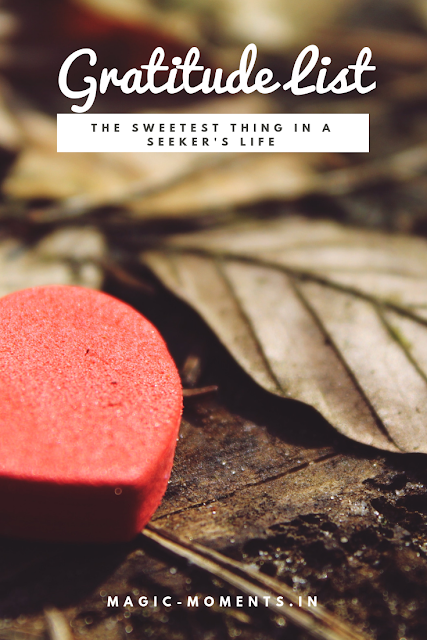Survived the #UBC
I felt satisfied with certain posts this month and didn’t like certain poor ones. The ones that managed to make me happy were those written from the heart, soulfully, without any pretensions. I learned I needed to write intimately and as personally as possible to feel satisfied at the end of the day. I needed to bare my heart out for it to work. To make that vulnerability breathe! I also learned to be more mindful of things around me and write about them. It really made me feel full of life.
I learned I needed to choose the topics from my own niche while slowing trying to grow that niche. I learned reading blog posts can be an idea gathering process too. I can read as many blogs and comment on most of them while building my own voice. It takes time to have that own genuine opinion, perspective, and feel of things, and it’s perfectly fine.
It’s the first time I took part in such a daily blogging marathon, and I thoroughly enjoyed it. It was my first time in #TheUltimateBloggingChallenge, which I attempted after four years of waiting and watching. I took part in AtoZ challenge once and that was really tough. When I started this on 1st October, I didn’t know whether I could endure it or not. I didn’t know whether I could survive the 31 days of blogging or not. I feared that I would drop out many times this month. Thank goodness I didn’t. It feels great to have achieved this feat in blogging!
I would love to do this again, but not immediately. May be next year I will. For now, I want to concentrate on soulful posts at least once a week. I will relax a bit now and rejuvenate my writing juices as I was multitasking the last 31 days.
Linking the post to #UBC , and #DailyChatter.

Linking the post to #UBC , and #DailyChatter.










Comments
Post a Comment